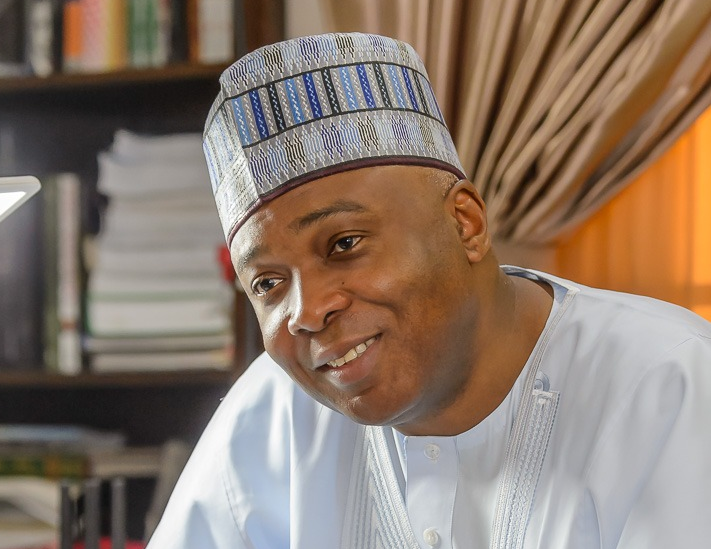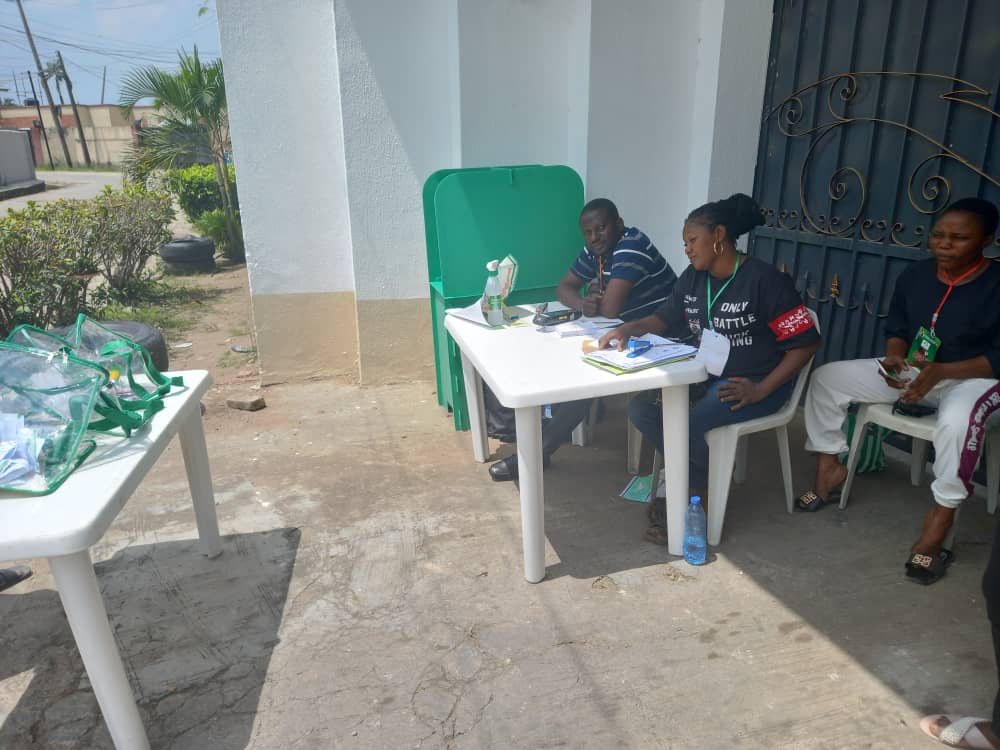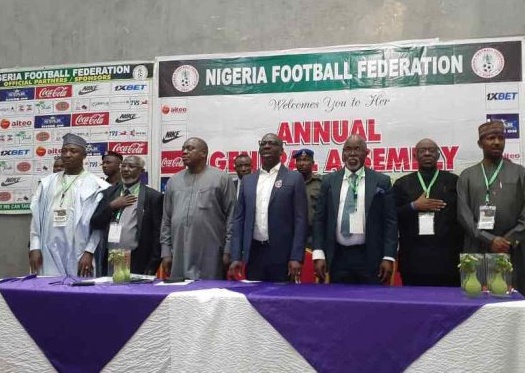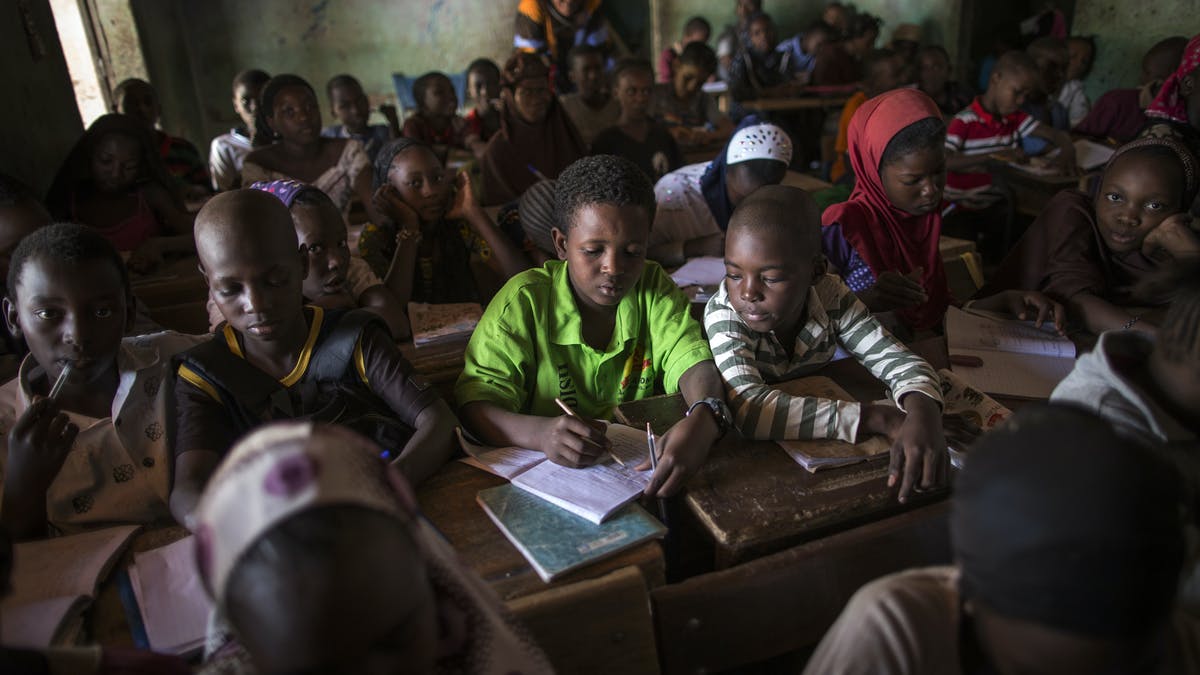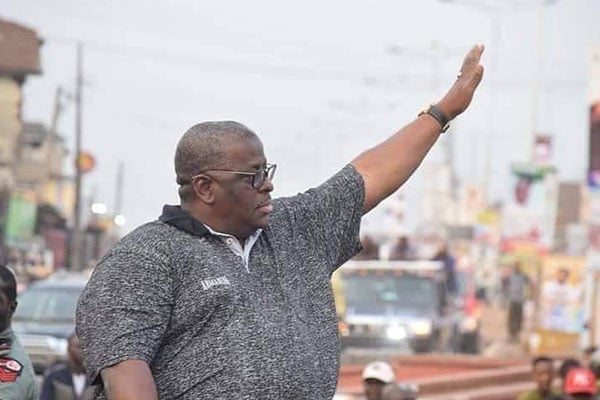BY ADJORI TERKUMA
On July 17, 2020, when Bukola Saraki, the 58-year-old medical practitioner-turned-politician won a case filed by the Economic and Financial Crimes Commission (EFCC) at the Federal High Court, Lagos, for the forfeiture of his property located in his hometown in Ilorin, Kwara State, many thought the bad weather had cleared and yielded for a bright day for him.
It was the second major legal battle Saraki won against the anti-corruption commission since he left office on June 6, 2019. In the first case, another forfeiture order sought by the EFCC over some of Saraki’s property in Ikoyi, Lagos was refused by the court on the ground that it was convinced that the
property was not acquired with proceeds of corruption. A similar conclusion had been reached by the court which in the earlier case it “specifically ruled that there was no evidence that the property was built with any illicit or stolen funds from Kwara State Government or any other institution or quarter, whatsoever”.
The recent invitation to the former Governor of Kwara State again on Saturday, July 31, 2021, which is just about a year after the verdict of the court showed that the anti-corruption agency is not ready to leave the man alone. Narrating his frequent experience with the EFCC which is usually seeking for one reason or the other to pull him down, Saraki after the July 2020 verdict stated that “the last five years have been very challenging for me and my family. I have endured and defeated one false allegation and malicious litigation after another, in an ill-motivated persecution, intimidation, and harassment, through which some vested interests sought to damage my name and label me with charges of corruption but with the grace of Allah, I have always been victorious. I thank God for the outcome of this case which is the fifth victory in cases in which the EFCC was either the main investigating agency or the plaintiff.”
Advertisement
Apart from the aforementioned cases, in those five years, the EFCC had been involved in four other cases aimed at nailing Saraki and pinning charges on him. In September 2015, a few weeks after he emerged as President of the 8th Senate, the State filed charges of asset declaration falsification against him at the Code of Conduct Tribunal (CCT). In that case, the EFCC provided all the reports that were used to file charges against him. The agency’s investigator, Michael Wetkas, was the lead witness. To ensure Saraki did not escape, the charges kept on varying from the initial 13 to 16 and eventually to 18.
During the trial, the government decided to throw all kinds of allegations against him. Some of these allegations went beyond the scope of what the CCT should try as they did not relate to the falsification of assets. Yet, the EFCC and the State decided to press on with the charges, despite the protest from Saraki’s legal team. Yet, in June 2017, the CCT dismissed the entire 18 charges against Saraki and acquitted him.
The State, urged on by the EFCC, took the matter to the Court of Appeal and on December 15, 2017, the appellate court dismissed 15 of the charges and ordered that three others should go back to the CCT for retrial. Both Saraki and the State expressed their displeasure with the Court of Appeal’s verdict and headed to the Supreme Court. On July 6, 2018, the Supreme Court dismissed all the charges and gave Saraki a clean bill.
Advertisement
Before then, the State had also filed a suit accusing Saraki and his deputy, Ike Ekweremadu, of falsifying the provision of the Senate Rules Book, although, at the time of the use of the rule book, they were outsiders to the Senate as mere Senators-elect. Good sense prevailed after the second sitting of the Abuja High Court on the case as the prosecutor advised the government that the case was a mere frivolity and should be discontinued in the interest of justice and decency.
Before then, Saraki under President Goodluck Jonathan has experienced the same persecution following his decision to sponsor a motion in the Seventh Senate on the monumental fraud contained in the fuel subsidy payment. After the motion which some members of the administration believed was aimed at embarrassing the government, the police Special Anti-Fraud Unit was set against him. Also, the EFCC was used to harass him. None of the investigations resulted in any court trial.
It is widely believed that the decision of Saraki to lead the mass defection of governors and senators of the then ruling party into the then opposition APC was a protest against the oppressive moves against him by the Jonathan government and its agents.
Unfortunately for Saraki, the movement was from frying pan to fire. The APC did not give him any respite after they had used his resources, ideas, and connections to get to power. The point of the division was his decision to contest for the office of Senate President against the will and machinations of a small group of oligarchs who planned to seize control of the party.
Advertisement
In this battle for the control of the party and the desperate bid to whip everybody into line, Saraki was made to hold the short end of the stick. And the EFCC became an instrument for dealing with the recalcitrant but strong member. The role of the anti-graft Agency in all these political or partisan manipulations is what Saraki alluded to in his statement after his victory at the Federal High Court in July last year when he stated that “I hope that with the outcome of today’s case, the EFCC should learn that a serious issue like the fight against corruption should not be reduced to a forum-shopping means to execute personal vendetta or prosecute parochial agenda. Fighting corruption and combating economic crime requires stakeholders to eschew coercion while employing upright diligence, due process, fairness, equity, and broad mindedness in dealing with all cases and persons.”
He continued: “The deployment of a state institution to fight personal and partisan battle, particularly with the use of the mass and social media as championed by the EFCC was aimed at inflicting damages to my name, reputation and elective public service record, through a targeted misinformation and disinformation campaign of calumny, also directed at intimidating the judiciary. It was directed at giving the wrong impression about me. As I record yet another vindication by the competent court of law, God’s willing, my focus will now shift to more serious issues”.
Most of the moves against Saraki between 2015 and 2020 took place under Ibrahim Magu who had become a formidable foe of the former Senate President, apparently because under the Saraki-led Senate he failed to secure the Senate confirmation as EFCC chairman. He functioned in an acting capacity for the five years he spent in office.
Saraki, through the successful defence of the source of money for the acquisition of his property in Lagos and Ilorin, thought that would be the end of his travails from EFCC. That was why he boldly stated that “with today’s decision of the Court, it is my expectation that the EFCC which has played significant roles in the various court cases against me from the CCT to Supreme Court and back at the Federal High Court, with the consequent media trial and malicious campaigns, will now leave me alone to live my life, and enjoy my unfettered rights to freedom of thought, expression, association, occupation, and dignity, as a private citizen and focus on serious issues of national development”.
Advertisement
As the event of last weekend has proven, Saraki is back in the usual brickbat session with the EFCC. Even though the commission now has a more professional, calm, dedicated, ethical, and sophisticated leadership under Mr. Abdulrasheed Bawa, only time will tell how their last encounter with Saraki, who said he went to their office on his own volition to answer questions on any issue they may pose to him, will end.
It is for this reason that I believe the rightful Winner of the MOST INVESTIGATED POLITICIAN OF THE FOURTH REPUBLIC IS DR. ABUBAKAR BUKOLA SARAKI. I need to emphasise that the man has continued to come out clean and unblemished.
Advertisement
Terkuma writes from Benue state.
Advertisement
Views expressed by contributors are strictly personal and not of TheCable.
Add a comment
